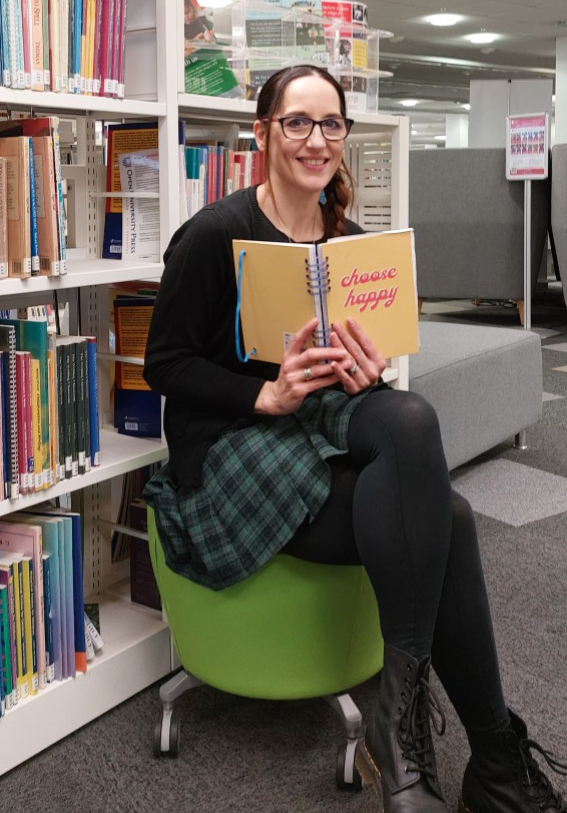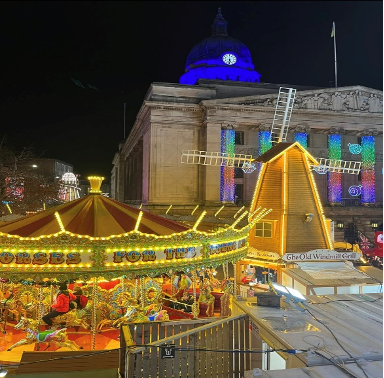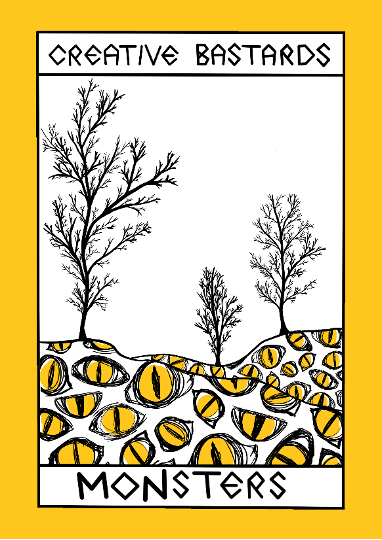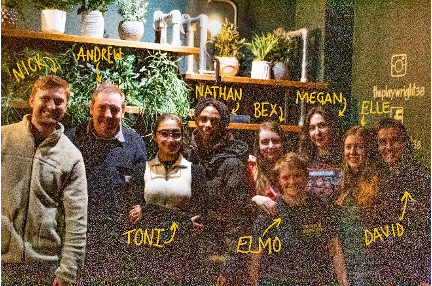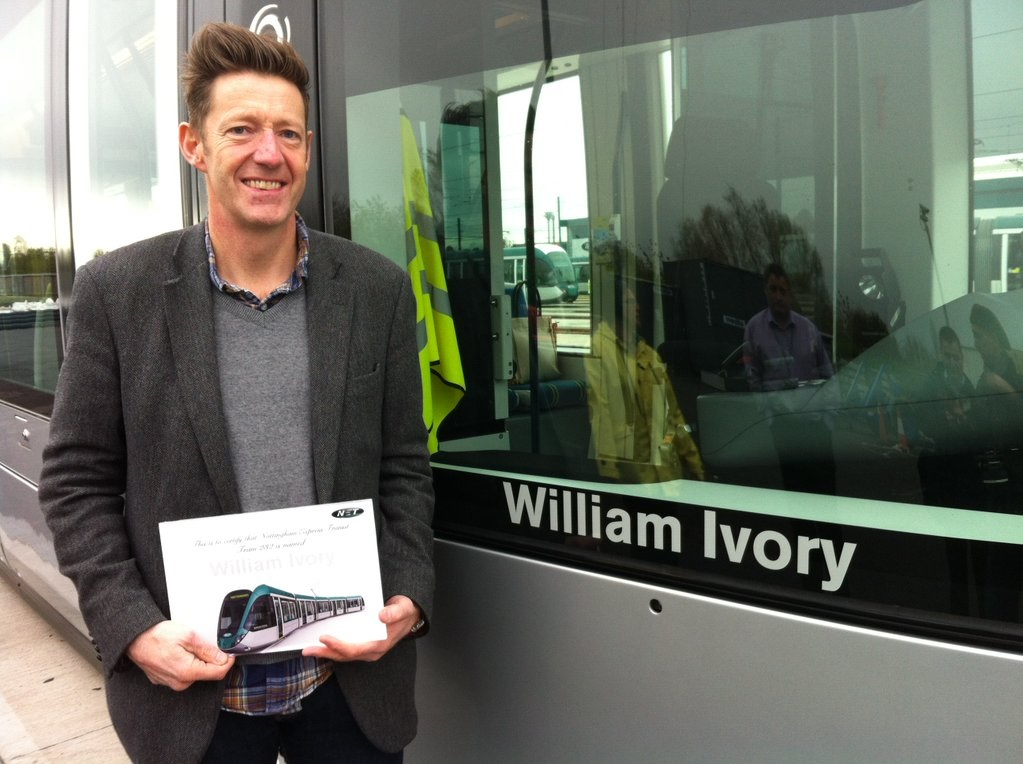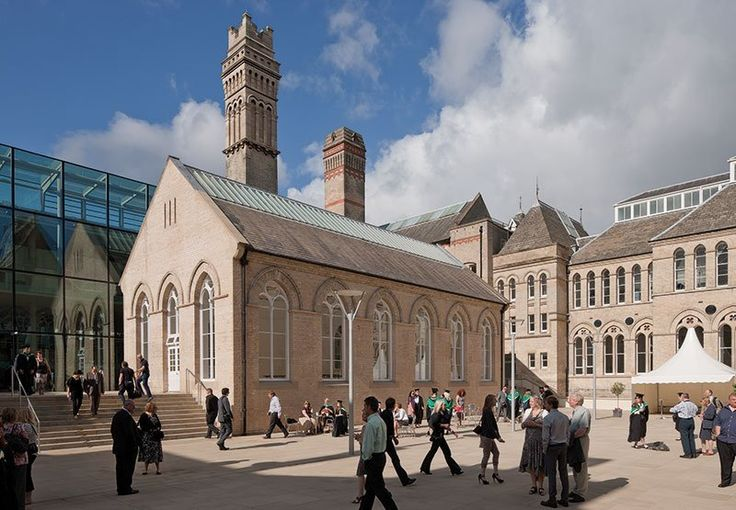Second-year BA Creative Writing student Tilly Hollyhead discusses the challenge of facing up to the blank page.
All writers, I think, have a common enemy. It has plagued us ever since we could pick up a writing implement of some kind, and it will continue to plague us when we begin writing using the chips implanted into our brains, or whatever we might end up using to create stories in the future.

The blank page.
No one knows why a blank screen or piece of paper has so much hold over authors. It should be a thing out of our wildest dreams. It should be a space where we can draw out all of our innermost thoughts and share them with the world because we are not confined.
However, those thoughts seem to leave me the moment I sit down, and I know I am not alone. You grab your pen and your water bottle. You settle down in a comfy spot next to the window so you can gaze out of it whilst contemplating your ideas. You open your notebook or laptop, hands poised to write your masterpiece.
Then, the ideas don’t come. It’s just you and the little voice inside your head, asking you why it’s so hard to do what you’re good at.
That blinking cursor has haunted my dreams ever since I began taking writing seriously two years ago. Even while writing this blog post, I have stopped writing most of these sentences halfway through because I have no idea how to finish them, nor what will come next. The notion in my head cannot quite form the full idea on the page. Ideas slip away and I can’t grasp onto them, leaving them to fall into the back of my mind. Whenever I do remember them again, there will always be the risk that the cycle will repeat itself immediately, all because of my archenemy. I can’t tell you how many times I’ve been ready to get in my intended daily word count, only to leave my desk with one hundred words and the worst case of imposter syndrome I’ve had since last time.
So, how are we meant to battle against this beast?
If this mystery has bothered the likes of Philip Larkin and Stephen King, how are we meant to do any better?
Well, we can’t.
When I began thinking about writing this article, I wracked my brain to find an answer to this problem. I was never under the illusion that I would solve it through writing a single blog post but I had thought the ideas would come to me.
The blank page is something that I – that we – will never defeat because, in many ways, the struggle that we have against it is what makes us writers.
The fact that we go against all odds to create our pieces is what makes us proud. It is what makes us sit back after writing a good paragraph and allow ourselves to be proud. It’s what makes it exciting to text our friends, telling them about the idea that we had and growing more excited as we continue bouncing ideas off each other. It’s the joy we feel when we realise we’ve gotten into a flow, somehow, all of a sudden. It’s the focus we get out of nowhere when the words begin falling onto the page in waves, unexpectedly and perhaps rarely.
None of this could have happened without that first struggle. It’s the first hurdle that we need to jump and it will not be the last.
There will be many more daunting foes than the blank page. The only reason it’s so scary is because it is our starting line. It’s represents a commitment to finishing a piece, to not having a blank page, no matter how frustrating it becomes or how long it takes.

It pushes us off a cliff and sends us down into the depths without warning, once the first word hits the page. We hate it for what it does but we can’t exist without it. Writing is discovery, and you can’t discover something you know already.
So, my only advice is to get ready for pain. Prepare for your back to ache like hell. Prepare for your eyes to strain. Because you will never kill the blank page. You will only learn how to become brave enough to face it.
